Learn how to stop buying stuff so you can launch your way to financial freedom!
There’s no doubt that buying stuff can be a lot of fun. But when it becomes an addiction, it can have serious consequences for your mental and physical health.
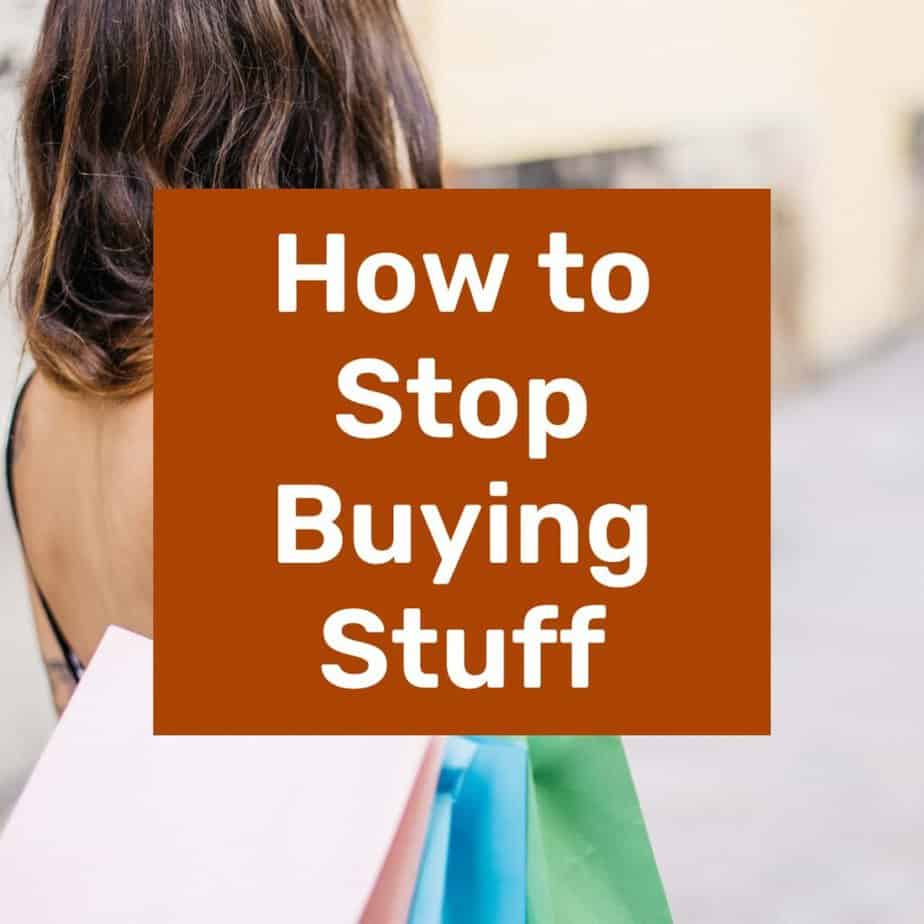
In this article, you’ll learn about the dangers of over-consumption and how to break free from the cycle of buying and spending. You’ll also find some tips for cutting back on spending in order to live a happier, more fulfilling life.
The Dangers of Over-Consumption
We’re bombarded with messages telling us that we need to buy more stuff in today’s consumer culture.
Whether it’s the latest fashion trends, the newest gadgets, or the hottest toys, we’re constantly being told that we need to spend our hard-earned money on things that we may not even really want or need. Unfortunately, this pressure to consume can lead to a number of problems, both mental and physical.
For one, compulsive spending can take a toll on your finances. It’s not uncommon for people who are addicted to buying stuff to rack up a lot of debt, which can be difficult (or even impossible) to pay off.
This can cause a lot of stress and anxiety, which can lead to other health problems.
Compulsive spending can also lead to hoarding, which can create an unhealthy living environment.
When people hoard, they often keep things that they don’t need or want, which can clutter up their homes and make it difficult to move around. This can be dangerous, especially if there are young children or pets in the home.
Related: How to Live a Simple Life

In addition to the physical problems that can be caused by over-consumption, there are also mental health risks. People who compulsively spend often do so as a way to cope with negative emotions like sadness, loneliness, or anxiety.
This can lead to a vicious cycle in which the person buys things to make themselves feel better but then feels guilty or ashamed afterward, leading to more negative emotions and more compulsive spending.
It’s important to remember that stuff is not going to make you happy. In fact, studies have shown that material possessions can actually lead to decreases in happiness and life satisfaction.
So if you find yourself constantly buying things that you don’t need, it’s time to make a change. Here are some tips to help you stop spending money on things that you don’t really want or need.
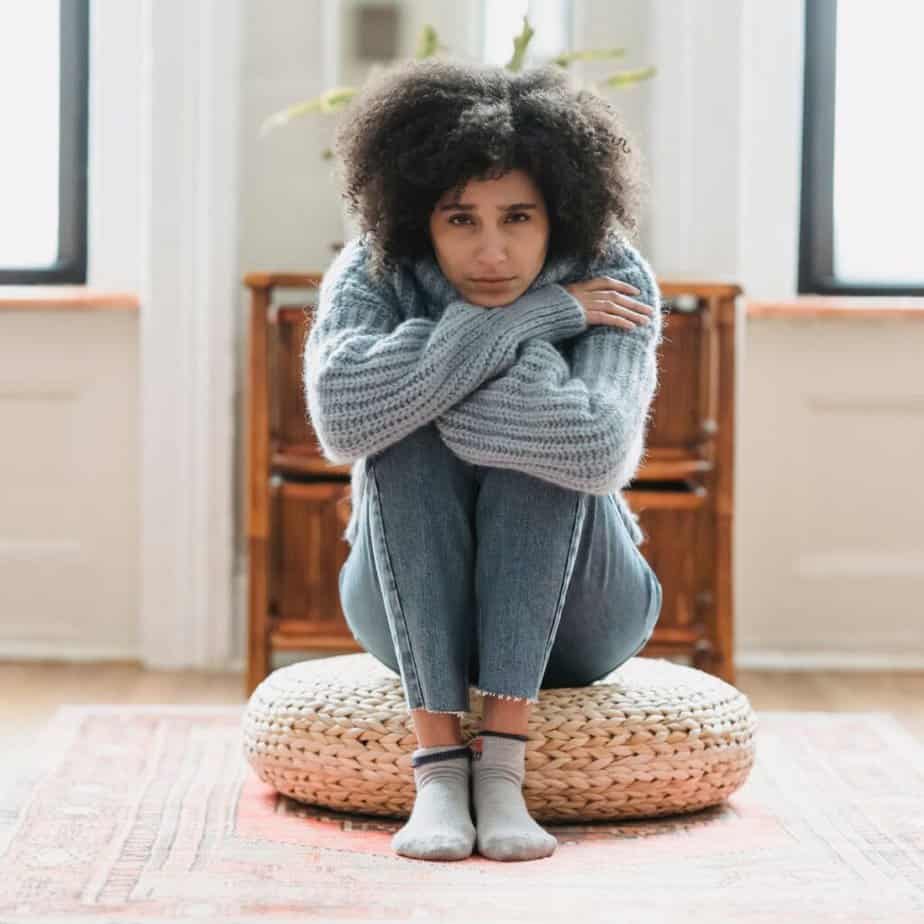
Evaluate Why You Buy So Much Stuff
The first step to breaking the cycle of compulsive spending is to take a step back and evaluate why you’re doing it in the first place.
Are you buying things to make yourself feel better? Are you making purchases to cope with negative emotions? Are you spending money to impress other people?
Once you know the reason behind your spending, you can start to work on finding other ways to deal with those emotions or needs.
For instance, if you’re buying things to make yourself feel better, try to find activities that make you happy without spending any money. This could include taking a walk in nature, listening to music, or reading a good book.
Calculate How Much You Spend
Once you know why you’re spending money on things you don’t need, take a look at your budget and calculate how much money you’re actually spending on non-essentials.
This could include things like clothes, cosmetics, gadgets, eating out, and entertainment. Once you know how much money you’re wasting on unnecessary purchases, you’ll be motivated to cut back.
Un-Save Your Credit Card Details
One of the easiest ways to stop impulse buying is to unsave your credit card details from online shopping accounts.
This way, you’ll have to take the time to enter your information every time you want to make a purchase, which will give you a chance to think about whether or not you really need or want the item.
Do a Monthly No-Spend Week
Challenge yourself to a monthly no-spend week in which you don’t spend any money on non-essential purchases.
This may sound difficult, but it’s actually easier than you think. Only buy the things you absolutely need for one week, like food and toiletries. Many people even stretch this challenge into a month!
You may be surprised at how much money you save by not buying things that you don’t really need.
Minimize & Organize
One of the best ways to stop spending money on things you don’t need is to declutter your home and get rid of things you don’t use or need.
Not only will this save you money in the long run, but it will also make your living space more organized and manageable.
Start by getting rid of any clothes, shoes, and accessories that you don’t wear. Then, move on to other areas of your home, like your kitchen, bathroom, and living room.
Donate or sell the items that you don’t need and use the money to pay off debt or save for a rainy day.
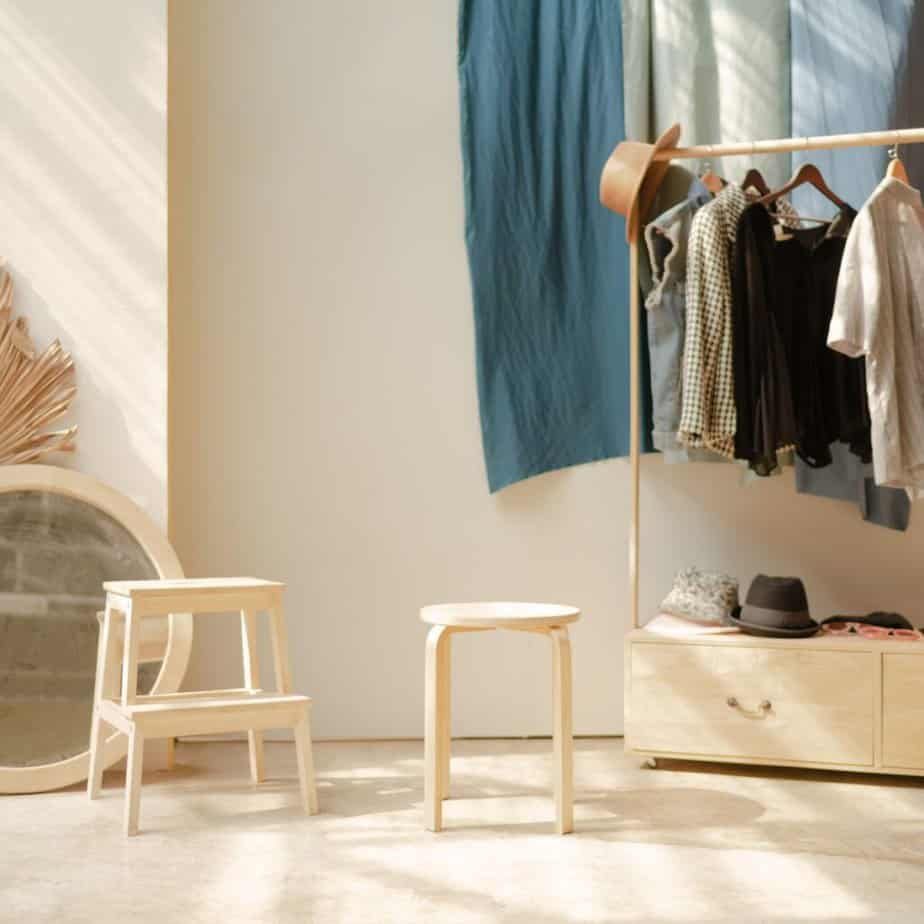
Create a Capsule Wardrobe
A capsule wardrobe is a small collection of clothes that can be mixed and matched to create a variety of looks.
This type of wardrobe is perfect for people who want to save money and declutter their closets.
To create a capsule wardrobe, start by getting rid of any clothes that you don’t wear or that don’t fit well. Then, choose a color palette and stick to it.
You should have no more than 30-40 pieces in your capsule wardrobe, which should include clothing, shoes, and accessories.
With a capsule wardrobe, you’ll be able to create endless outfit possibilities while only owning a few pieces of clothing.
Unsubscribe From Email Newsletters
One of the easiest ways to stop spending money on things you don’t need is to unsubscribe from email newsletters and promotional emails.
These emails are designed to tempt you into buying things that you may not need or want. By unsubscribing from these emails, you’ll be less likely to make unnecessary purchases.
Unfollow Brands on Social Media
Social media is full of ads and promotions for products that you may not need or want.
To avoid being tempted to make unnecessary purchases, unfollow any brands or retailers that frequently advertise on social media. This way, you’ll see fewer ads and be less likely to make an impulse purchase.
Shop Intentionally
When you do need to buy something, make sure that you’re shopping intentionally. This means taking the time to research products and compare prices before making a purchase.
You should also have a specific list of items that you need to buy before heading to the store. This will help you stay focused and avoid buying things that you don’t need.
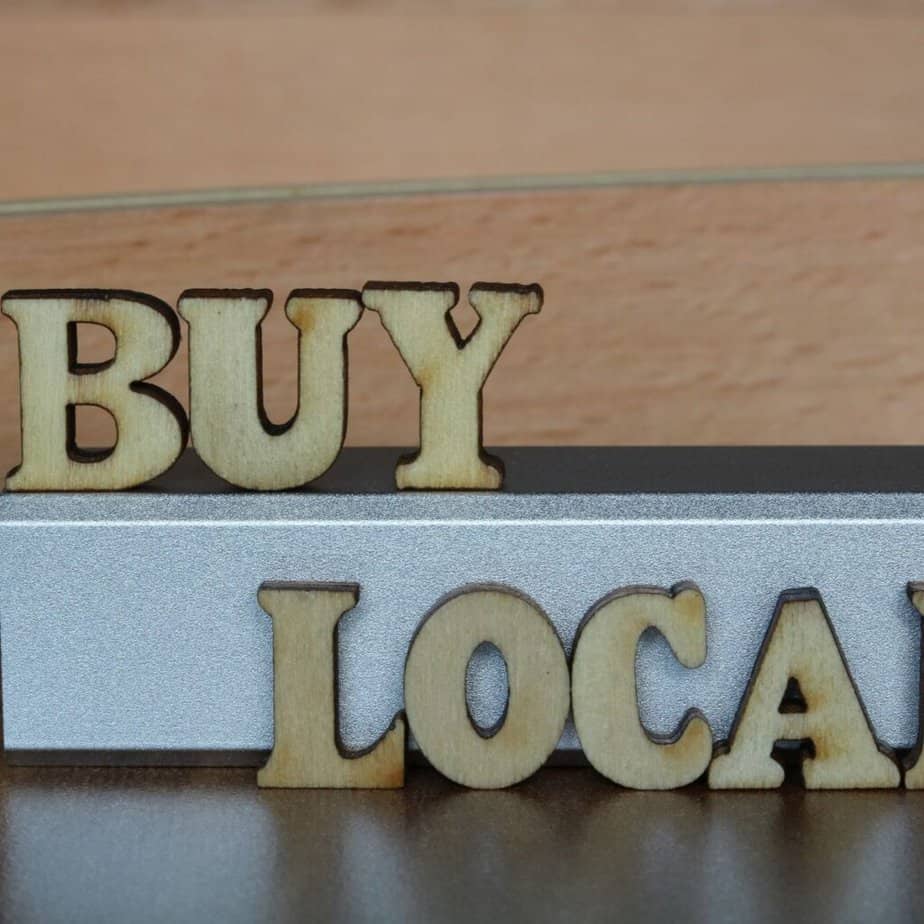
Shop Local
Supporting local businesses is a great way to shop intentionally. You’re more likely to get what you need and want when you buy from local businesses.
You’ll also be able to build relationships with the owners and employees, which can make your shopping experience more enjoyable.
Shop Secondhand
Another great way to shop intentionally is to buy second hand items. This could include anything from clothes to furniture.
There are a number of benefits to buying secondhand, including saving money and helping the environment.
Before you make a purchase, always ask yourself if you really need or want the item. If not, don’t waste your money on it.
Prioritize Your Next Few Purchases
The next time you need to buy something, take a step back and consider what you really need. For example, if you need a new pair of jeans, don’t just buy the first pair that you see.
Instead, take the time to try on different styles and find a pair that fits well and is comfortable. It would help if you also considered the cost of the item and whether or not you can actually afford it.
It’s important to remember that you don’t need to buy the most expensive item just because it’s available.
Create Your Own Shopping Rules
One of the best ways to stop spending money on unnecessary things is to create your own shopping rules.
These rules can be anything from only shopping once a week to only buying items that are on sale. By creating these rules for yourself, you’ll be less likely to make impulse purchases.
Some other shopping rules that you may want to consider include:
- Only buy items that you need
- Not shopping when you’re bored or sad
- Avoiding stores that sell unnecessary items
- Checking your bank account before making a purchase
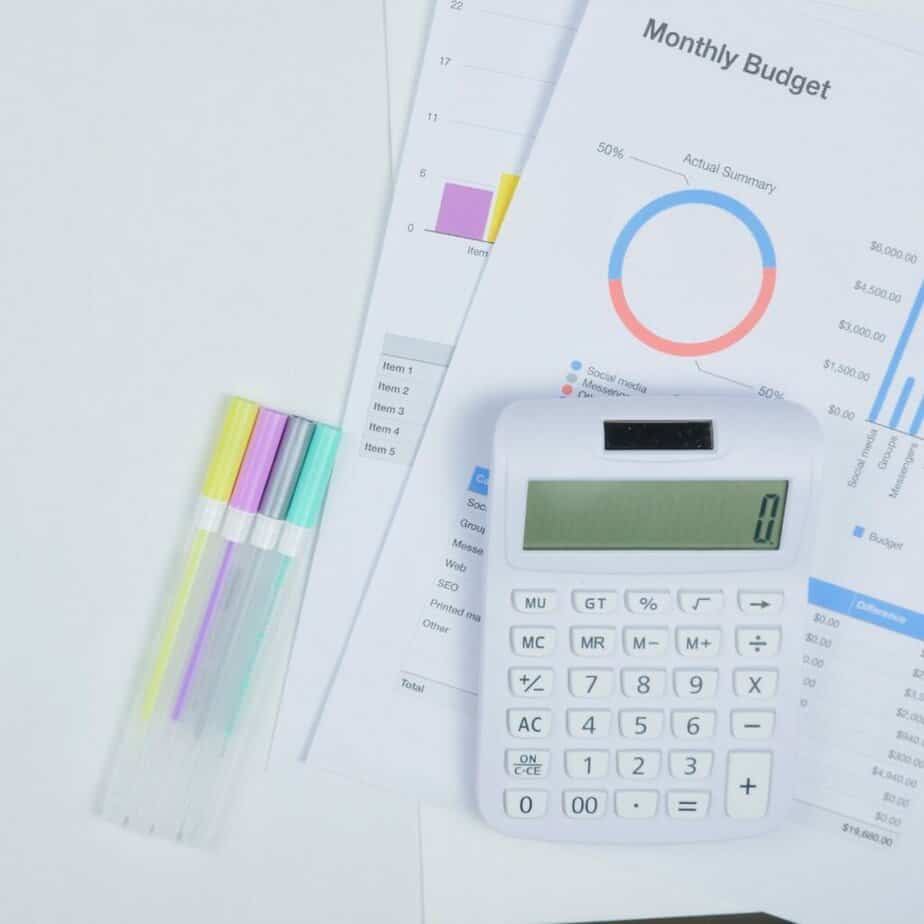
Set Yourself a Shopping Budget
If you find it difficult to stick to your shopping rules, setting a budget may be a better option for you.
When creating your budget, make sure to factor in your income, debts, and other financial obligations.
Once you have a budget in place, try your best to stick to it. If you do need to make a purchase that is outside of your budget, make sure to save up for it in advance.
Conclusion
It’s important to be mindful of your spending and only buy what you need. By following the tips in this article, you’ll be on your way to becoming a more responsible shopper!
Have you been able to learn how to stop buying stuff? Leave your experience in the comments below!
Hi I’m Ana. I’m all about trying to live the best life you can. This blog is all about working to become physically healthy, mentally healthy and financially free! There lots of DIY tips, personal finance tips and just general tips on how to live the best life.

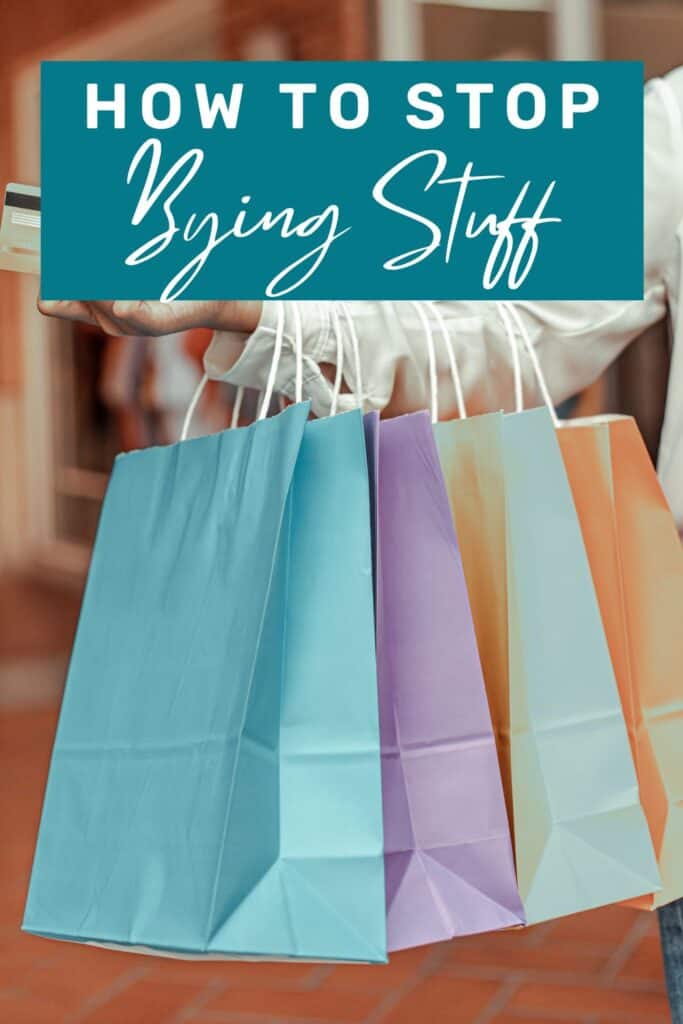
It was a great benefit to have this. Impulse purchases, especially of goods I don’t really need, have always been a problem for me. When I go grocery shopping, I try to remember my ultimate goal.
I love shopping but it also makes me really anxious. Thanks for sharing the tips!
This was so helpful! I have struggled with impulse buying and always seem to buy things I don’t need. I’m working on keeping my goal in mind every time I pick something up at the store.
I’m so glad it was helpful!